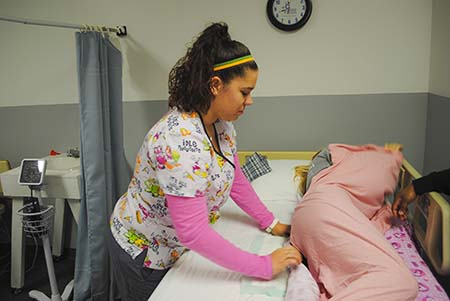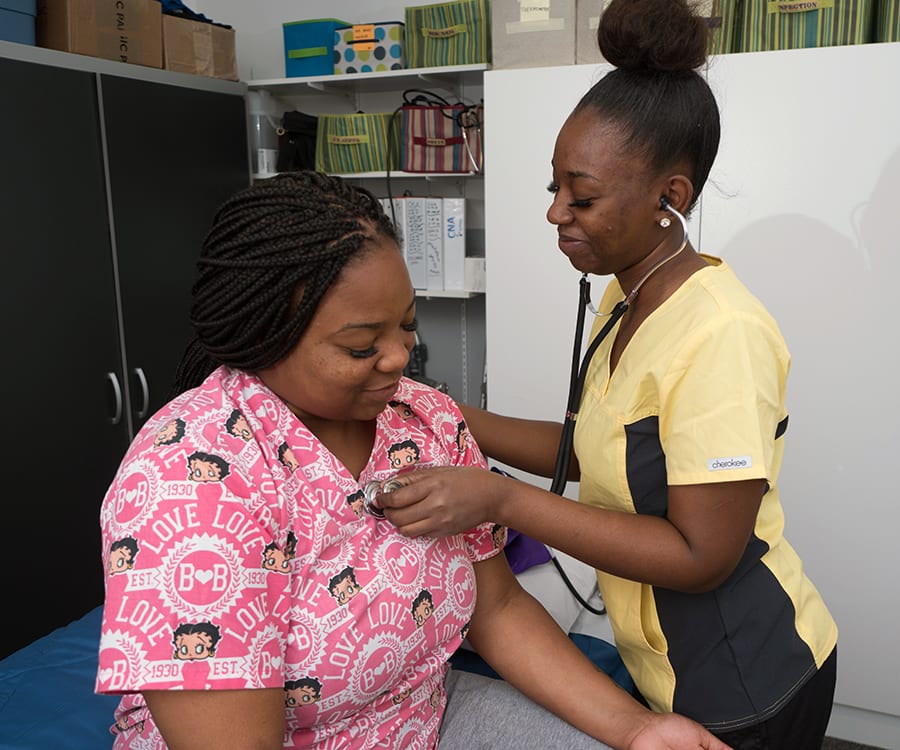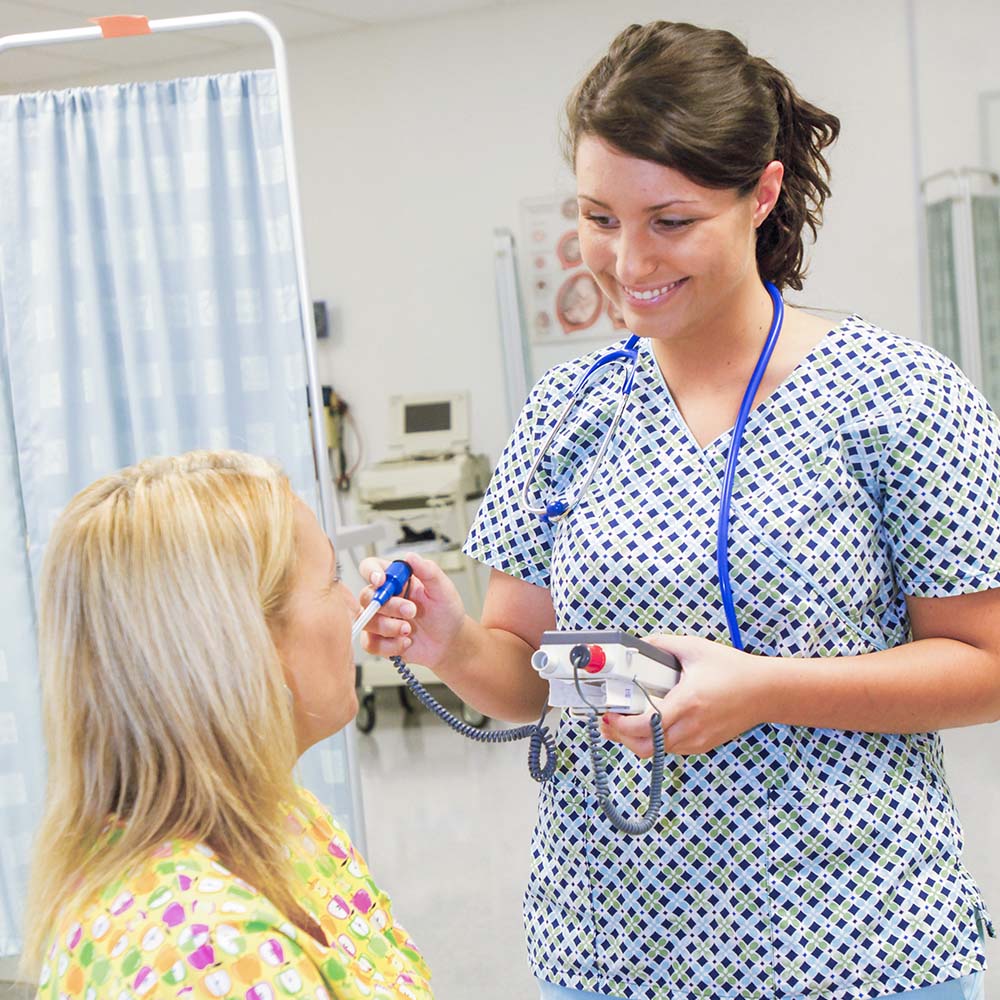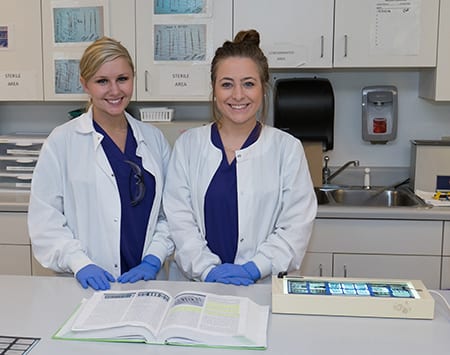Are you interested in becoming a Certified Nursing Assistant (CNA)? Are you curious about what CNAs do? CNAs, or Certified Nursing Assistants, provide basic care and help patients with daily living. Their day-to-day life has a lot of variety, depending on the needs of their patients.
What Are a CNA’s Responsibilities?
Nursing assistants are typically responsible for:
- Cleaning and bathing patients or residents
- Helping patients use the toilet and dress
- Turning, repositioning, and transferring patients between beds and wheelchairs
- Listening to and recording patients’ health concerns and report that information to nurses
- Measuring patients’ vital signs, such as blood pressure and temperature
- Serving meals and helping patients eat
Depending on their position and employer, certified nursing assistants may also dispense medication and be the principal caregivers in nursing homes and residential care facilities. As a primary caregiver, CNAs have the most contact with residents and can develop close, meaningful relationships with their patients. Life as a CNA provides variety because every day is different depending on patients and circumstances. Overall, CNAs can have extremely fulfilling careers because they provide aid to those in need and help improve their lives.
To learn more, check out: “How Hard is CNA Training?”
Where Do CNAs Work?
Certified Nursing Assistants can work in a variety of environments, including the following.
- Nursing care and skilled care facilities
- Hospitals (state, local and private)
- Continuing care retirement communities and assisted living facilities
- Home healthcare services
- Government agencies
Interested in Learning More About Allied Health?
Fill out the form below to receive info about our career training programs.
How CNA’s Provide Patient Comfort and Improve Lives
Certified Nursing Assistants (CNAs) are the heart of hands-on patient care. They play a vital role in supporting patients physically and emotionally during some of life’s most vulnerable moments. The main goal of a CNA is to assist the patient in remaining comfortable and safe in a hospital, home or other care environment.
Delivering Compassionate, Personal Care
CNAs assist with daily tasks like bathing, dressing, feeding, and mobility. These may seem like routine duties, but to patients, they mean dignity, cleanliness and a sense of normalcy. CNAs build trust by approaching care with patience, respect and kindness.
Providing Emotional Support
Patients often feel anxious, lonely or afraid; especially in long-term or end-of-life care. CNAs provide a listening ear, gentle conversation and the reassurance of consistent presence. For many, CNAs become a comforting and familiar face each day.
Being the First to Notice Changes
CNAs spend more time with patients than nearly any other healthcare professional. This close connection allows them to quickly notice changes in a patient’s condition, be that physically or emotionally, and alert nurses or doctors before issues escalate.
Creating a Healing Environment
Whether it’s fluffing a pillow, playing a patient’s favorite music or offering a smile during a tough moment, CNAs understand that small actions make a big difference. They help make clinical settings feel more like home, contributing to a more healing environment.
Supporting Families
CNAs also bring comfort to family members by providing dependable care and keeping them informed. Their calm, reassuring presence gives families peace of mind, knowing their loved one is in capable, caring hands.
Ready to Start Your Journey as a CNA?
Contact the Admissions Team to learn more about enrolling in the Nursing Assistant Training Program, which is offered at the Springfield, East Peoria, and Moline campuses.
SOURCES



